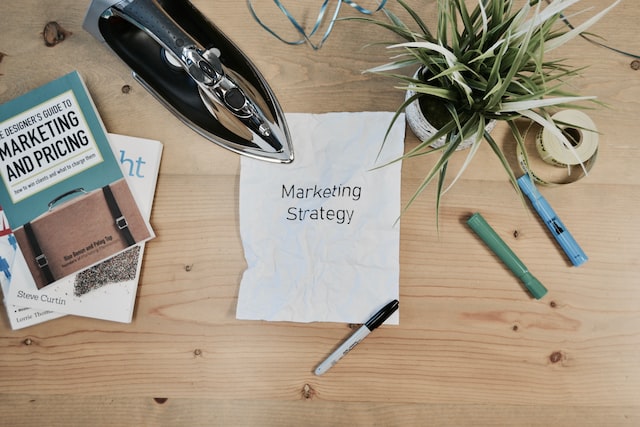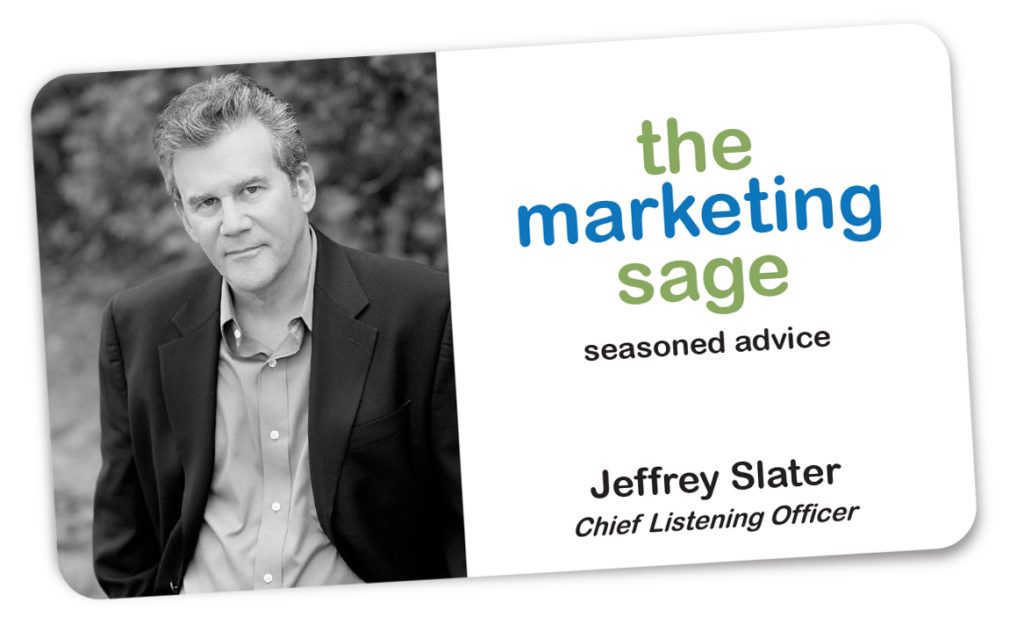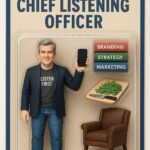How to Implement Ai for Marketing Strategies
Artificial intelligence has become an integral part of many industries, including marketing. Ai technology can help businesses automate repetitive tasks, personalize marketing efforts and gather insights to make informed decisions.
Implementing Ai into your marketing strategy can significantly improve your campaigns and help you reach your business goals.
Here are some example use cases that you can use to boost your marketing efforts with Ai:
1. Customer Segmentation and Personalization
Ai’s most significant marketing benefit is its ability to help businesses segment their customer base and personalize their marketing efforts. Ai algorithms can analyze customer data, such as purchase history and online behavior, to identify patterns and predict future behavior.
Businesses can use this information to create customized marketing campaigns tailored to individual customers, improving the relevance and effectiveness of marketing efforts.
Check out these tips for using Ai for customer segmentation and personalization:
- Gather and analyze customer data: Gather as much customer data as possible and use Ai algorithms to analyze it and identify patterns.
- Define customer segments: You can use Ai to define different customer segments and categorize them accordingly based on the data collected.
- Personalize marketing efforts: Once you’ve defined your customer segments, you can use Ai to personalize your marketing efforts for each of them.
- Continuously monitor and improve: It’s essential to monitor the effectiveness of your Ai-powered segmentation based on changing customer behavior.
2. Marketing Automation
Ai-powered marketing automation tools can automate repetitive and time-consuming tasks, letting marketers focus on more strategic and creative work. Ai algorithms can identify the best time to send an email, automate social media posts and even predict which products a customer is likely to purchase. Automation saves marketers time and helps them achieve better results with their marketing campaigns.
Follow these tips for using Ai for marketing automation:
- Identify opportunities for automation: Identify the tasks and processes that can be automated, such as email campaigns, social media posts, and customer follow-up.
- Choose the right tools: Choose tools that align with your business objectives and will help you achieve your desired outcomes.
- Establish clear goals and metrics: It’s crucial to establish goals and metrics that will help you determine the success of your automation efforts and make adjustments as needed.
- Improve and innovate: When you continuously innovate, you ensure that your marketing automation always drives the best results.
3. Predictive Analysis
To predict future outcomes, businesses can use Ai to analyze real-time data, such as customer behavior and sales trends.
This information can then be used to guide marketing strategies and inform decision-making. For example, Ai algorithms can predict which customers are most likely to respond to a particular marketing campaign or which products will sell the most in a specific season.
Below are tips for using Ai for predictive analysis:
- Analyze relevant data: Collect data on customer behavior, purchase history, website interactions, and other relevant metrics.
- Identify the proper techniques: There are many Ai tools and techniques for predictive analysis, so choosing one that aligns with your business needs is vital.
- Define your objectives: Defining your goals will help you determine the effectiveness of your predictive analysis.
4. Chatbots
Chatbots are computer programs that can stimulate conversation with human customers. Ai-powered chatbots can answer customer questions, provide product recommendations, and even complete real-time transactions. This allows businesses to offer 24/7 customer support and improve their experiences.
Explore these tips for using Ai for chatbots in marketing:
- Define your goals: The first step in using Ai for chatbots is to define clear objectives for what the chatbot should do and how it should interact with customers.
- Select the right platform: There are many Ai-powered chatbot platforms. Some may be better suited for customer service, while others are best for sales and marketing.
- Develop a human-like conversation: Use conversational language, avoid technical jargon, and ensure the chatbot’s responses are appropriate for customers’ questions.
Apply Ai for Marketing Strategies
From customer segmentation and personalization to marketing automation and predictive analysis, Ai can help you work smarter, reach your target audiences faster, and ultimately drive better business results through your marketing efforts. When you see how to use Ai for marketing strategies, opportunities abound.
As Ai continues to evolve, we could see more innovative applications of Ai in marketing in the future.

Guest Post Author: Zac Amos is the Features Editor at ReHack, where he writes about cybersecurity, information technology, Ai, and other tech topics. Ai didn’t write this post – Zak did.
Photo by Campaign Creators on Unsplash
You can set up a time to chat with me about your marketing challenges using my calendar. Email me jeffslater@themarketingsage.com Call me. 919 720 0995. The conversation is free, and we can explore if working together makes sense. Watch a short video about working with me.





